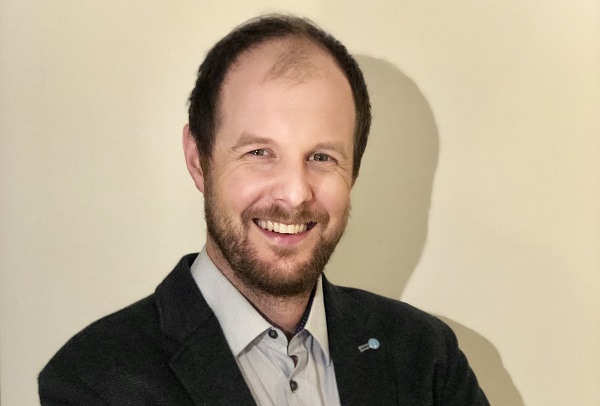A new study at the JKU aims to focus on a particularly important topic: The prosecution of perpetrators who carried out the Nazi’s euthanasia program.

The Second World War ended in Europe in May of 1945 and with it, the horrors brought about by the Nazi regime. At the same time, a long - and sometimes painful and arduous - process of coming to terms with the past began, which continues to this day. Supported by the Central Austrian Research Center for Post-War Justice, a new study at the Johannes Kepler University Linz is focusing a particularly important topic: The prosecution of perpetrators who carried out the Nazi euthanasia program.
We may never know just how many individuals deemed as "living an unworthy life" were murdered during the Nazi regime. Documents show that between 1940 and 1944 alone, approximately 30,000 people died at Hartheim Castle. After the fall of the Nazi regime, courts focused on these crimes during the "euthanasia trials". Siegmar Lengauer (Department of Basic Criminal Law and Economic Criminal Law) explained: "This has all been well researched by historians." However, further study can be conducted in regard to the trials’ legal background as they raise questions in regard to criminal: In this context, what were the legal bases for the people's court proceedings? How were pre-trial proceedings structured? How did people come to terms with the fact that some perpetrators committed suicide while others had fled? How was a jury selected and how prepared were they to deal with targeted issues, such as prohibiting retroactivity? This unique study conducted at the JKU will focus on the decision-making basis and main proceedings: For example, what evidence was collected for the so-called "act under orders" and how was it acknowledged?
Supported by the Central Austrian Research Center for Post-War Justice at the Documentation Center of Austrian Resistance, the State Archives of Upper Austria, and the Hartheim Memorial in terms of content and methodology, the JKU study is titled "Strafrechtliche Verfahren zur Aufklärung von NS Euthanasie-Programmen im Rahmen der österreichischen Volksgerichtsbarkeit".
Lengauer hopes to draw conclusions in regard to the intention and diligence with which the process to re-examine crimes was begun during the postwar period. Particular attention will be paid to the role of the lay jurisdiction during the people's court proceedings. The legal expert added: "Obviously, in coming to terms with the crimes, there was an attempt to involve the population. We aim to closely examine whether or not the legal system at the time was a viable foundation for this."
Potential Thesis Topic for Up to Three Students.
Ground work to conduct the study will commence in February, starting with sifting through and evaluating numerous court files in order to subsequently draw up conclusions. The Faculty of Law aims to engage up to three law students to take part in conducting the study as part of a thesis. Those interested can send an e-mail to: siegmar.lengauer(at)jku.at.
The JKU researcher about his motivation to conduct the study and added: "Dealing with the crimes committed by the Nazi regime is a task each generation must face in its own way. The focus on acts committed against people who were 'singled out' as dangerous individuals seems important to me at the moment because the call for particularly 'harsh measures' has recently become louder once again."








